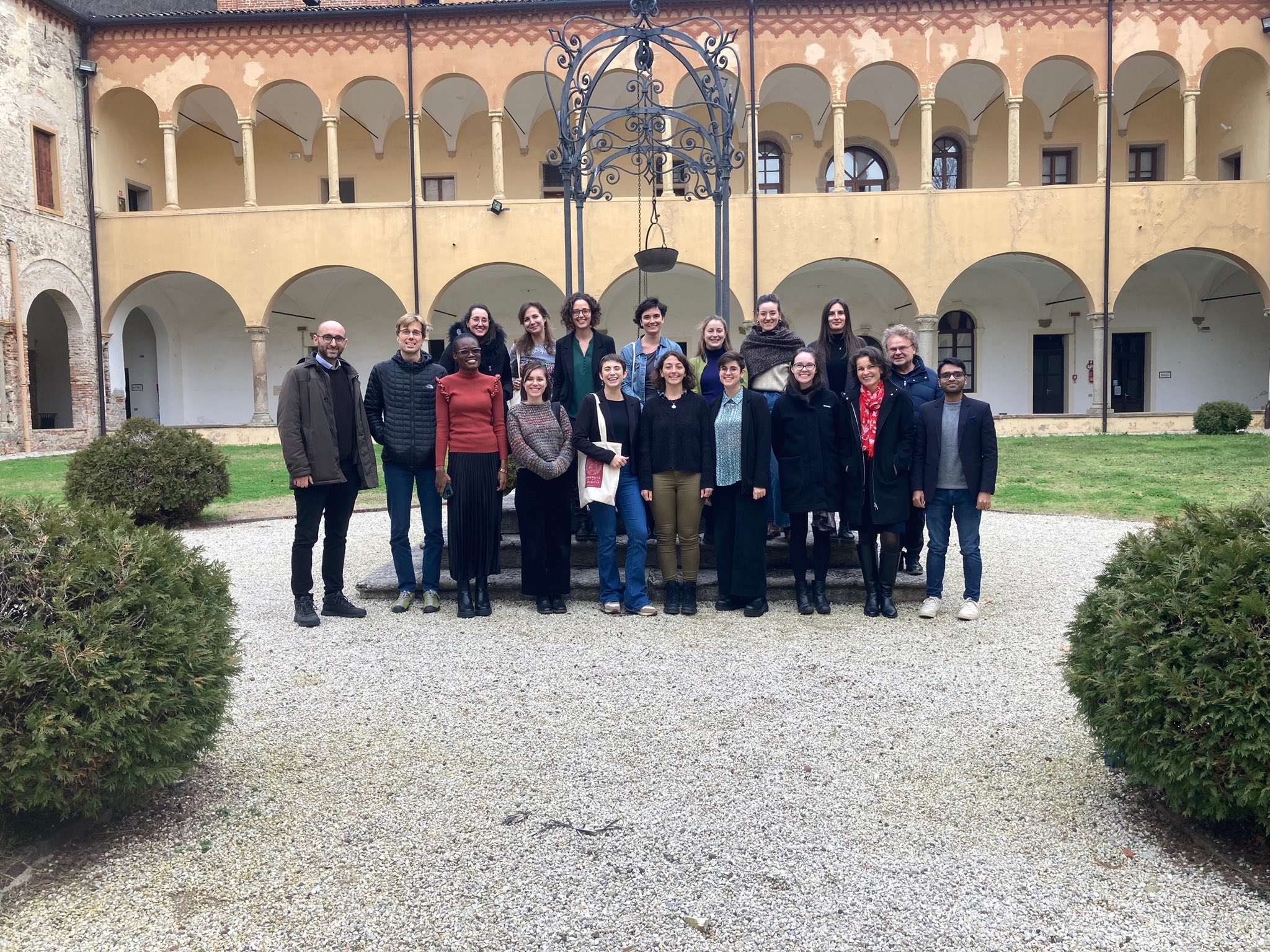UNIL principal investigator
Prof. Laura Bernardi, Faculty of Social and Political Sciences
UNIPD principal investigator
Prof. Maria Letizia Tanturri, Dipartimento di Scienze Statistiche
Instrument
Joint seminar / conference involving early-stage researchers
Description
Over the last decades, family structures and family dynamics have undergone dramatic changes in most European countries with increases in unmarried cohabitations, singlehood, divorces and separation as well as step and blended families. In family demography, these changes are typically interpreted on the one side as consequences of structural change (e.g. the massive increase in women’s education and their labour market participation), on the others as the result of deep transformations in values, attitudes and norms. Even in more traditional contexts there are clear sign of change in gender and intergenerational relationships, that although in many cases still cohabit with the more traditional ones, envisage new balances and new needs. In addition, in the last fifteen years, the Europeans had to face two disruptive external shocks: The Great Economic Recession (2008-2013) and the recent Covid-19 pandemics (since 2020), which fuel further changes in family behaviours. New challenges are behind the corner, as Europe is about to face the so called “Grey Tsunami”, an unprecedented level of population ageing that necessarily will affect family and societal life on the whole. The de-standardization of the transition to adulthood, the growing instability of couples, the increasing diversity in families, as well as stagnant low fertility accompanied by an increasing prevalence of permanent childlessness are phenomena that seem to be exacerbated by such contextual changes.
Research should address such challenges, and new hypothesis on the possibilities of families’ resilience to these remarkable changes should be brought to the fore and discussed in a comparative perspective. At the same time evidence-based suggestions for policies are more demanded than never before, in order to lead these changes, to reduce inequalities, to provide support for the fragile families and individuals.
The objective of this workshop is to allow young researchers and senior researchers to discuss in both formal and informal ways cutting-edge papers, suggesting new hypothesis, specific case studies, comparative studies around the themes outlined above. The broad questions to be addressed are: What are the consequences of external shocks and demographic changes on individual family life courses? And what are the consequences of such behaviours for family dynamics and also for individuals wellbeing within families?
Activity
During this 2.5-day seminar, 28 participants are led to familiarize with the state-of-the-art of family studies, presented by the senior speakers, and to present and discuss their own papers in an international stimulating environment, to improve their own work through the inputs received and the discussion at the residential workshop.
The programme is meant to create an international and highly qualified learning environment, which should allow participants to be actively involved in workshops and seminars and to experiment innovative ways of collaborative learning under the supervision of senior researchers and participant themselves (e.g. peer review).
Academics from both the University of Lausanne and Padova, and external key notes with a re-known expertise in family sociology, family demography and social statistics, will be part of the programme.
The Chief editor of a renown scientific journal will be invited to a give a transversal know-how seminar with suggestions and hands on practice on how to increase chances of peer review publications and the journal’s open access policies.
A round table will conclude the seminar, to discuss possible further collaboration (a special issue of an international review, a joint publication, project proposal application for funding, the topic for a follow-up edition of the workshop, …).
The participation is open to PhD students, postdocs and early career scholar coming from both European and non European countries and having an interest in family studies. A good command of English as a working language is also required.
Potential for follow-up activities
The workshop aims at creating a network of collaborations among younger and senior scholars. At the end of each session of presentation younger scholars will be explicitly encouraged to identify common research interests and to collaborate with the senior scholars as well as among themselves to:
- Plan a joint publication submission a year after the first encounter in Padua
- Co-organise one or more session on family dynamics, transitions and diversity on major upcoming population and sociological conferences
The participants who wish so can also be added to the list of addresses to be regularly invited to join the hybrid talks at the UNIL and UNIPD that concern topics in line with the workshop themes.

